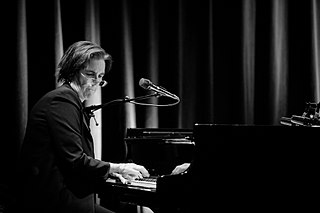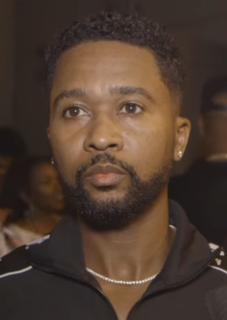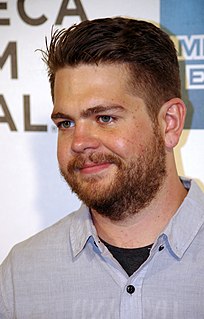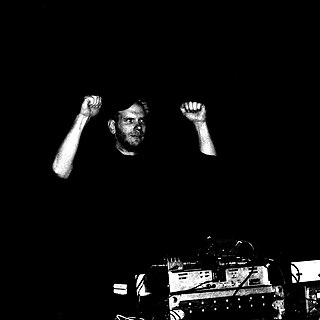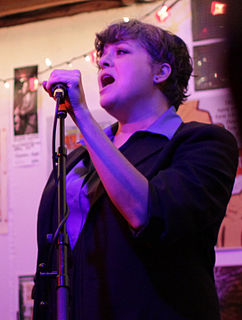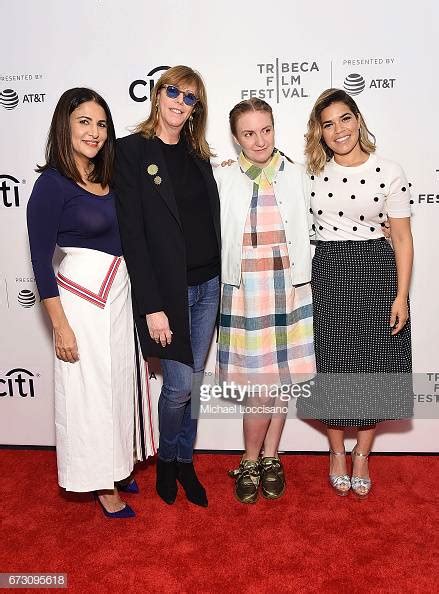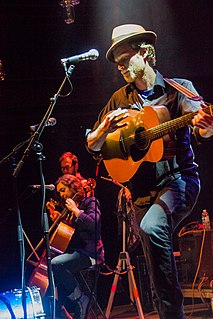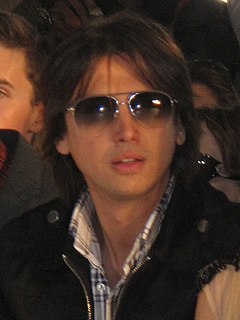A Quote by Paul Beatty
I'll say this, and it'll sound like bullshit, but it's not: I don't really pay attention to this stuff [Man Booker Prize] very much. I think part of it is I can see myself wondering who's doing what and getting jealous, and none of that's healthy for me. So I just don't really.
Related Quotes
I'm not much of a self-promoter or anything. It's not something I feel comfortable doing. But sometimes I would get frustrated, I'd think, "You know, this is a good book, how come no one is paying attention to it?" So it's nice to have some recognition. I don't write to put it in a drawer, I hope that people see it. But what am I willing to do for that? I struggle with that a little bit. I try to be accommodating, but I'm pretty much a loner. I'll say this, and it'll sound like bullshit, but it's not: I don't really pay attention to this stuff very much.
What I would say to young women is: Pay attention to the real. Pay attention to what you're really thirsting for. What do you really want? And I think that's much harder to decipher in a culture that has no interest in it. What interests me is, are we going to wake in time? Are human beings going to wake up to ourselves, to the incredible poverty that's on this planet, to what we're doing to the earth, to what we're doing to women, to what we're doing to boys? That's what's important.
I remember when I started acting and didn't get a part and was really jealous of the girl who got it. My mom would say to me, "If you don't get a part, that means it's not your part. It's just not yours. You will have your parts." It really recalibrated me at a very young age to where I could be driven because I was trying to achieve things for myself, and that had nothing to do with what anybody else was doing.
As soon as I sat down to write music, really, with Café Blue. I just can't think about that when I sit down to write. I don't let myself. I actually don't allow myself to look at sales figures. Ever. I get the general impression that I'm not selling like Norah Jones, but I don't really pay too much attention, because I think it would corrupt me.
Guys like Future and me, we help create and shape the sound of music - not just Atlanta music, but music all over. If you really pay attention to the music being made, a lot of that is very heavily influenced by the stuff that we created. I listen to so many songs that's like, 'Damn, this sounds like my music!'
Pretty much every issue that we've put out, there have been at least one or two things that really surprised me. It sounds like bullshit, but most of the stories that we've run had that effect on me. We get thousands and thousands of submissions and I don't think we've published a story yet - very few, anyway - where there wasn't something like what Mona Simpson described, where a first sentence or a first page didn't just really command attention.
Some guys that know me from when I was a kid say "My son, oh he's just like your father." It's just a natural part of our lives. But, within the music industry and within the industry of the critiques of music, where it becomes "Ziggy's music is not as good as Bob's music," I don't understand. But I don't really pay much attention to that because I'm just expressing myself.
People think that I'm mean because I'm quiet, and I don't really go out places or because I don't really say too much. On the other hand, people think that I'm soft because I may not handle myself the way other people handle themselves. That's just not me. They don't know my background or none of that stuff.
I'd done all my research and seen that Booker and Gadson had worked with giant folks and little peanuts, too. That just showed me that they're musicians. They're not just interested in doing the big ones, they're interested in doing stuff that - pardon the expression - gives them a boner. I'm like that, too. I don't want to just do easy stuff. I want to keep myself freaked out all the time. Hence the title of the record, I Like To Keep Myself in Pain.
It's when people come at you on Twitter and say really crazy things. That's the kind of stuff that I insulate myself from. All of that is not very interesting or helpful, but we have critics who sometimes really love us or sometimes don't, and it's really interesting for me to see what they don't like about it.
I think that it feels really good to be recognized in a sense of being nominated for Grammys and things like that, but part of it is, we spent a lot of time on our own making music: seven or eight years and nobody really paid attention. It feels good. We also learned to not pay too much attention to things like that, and I think it made us stronger.



